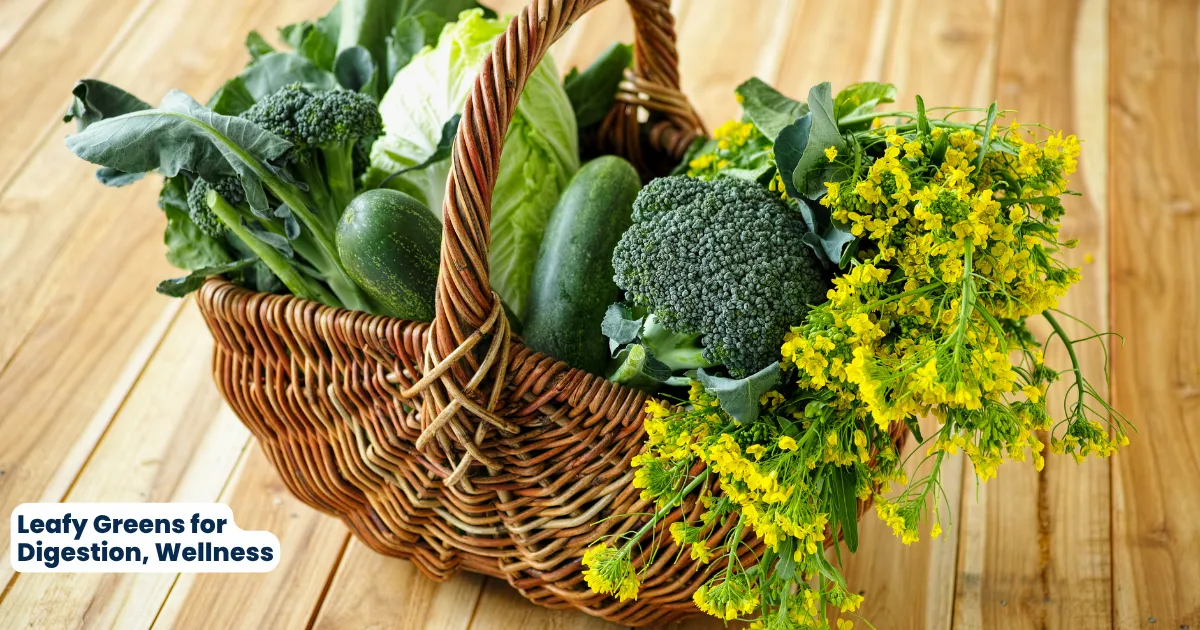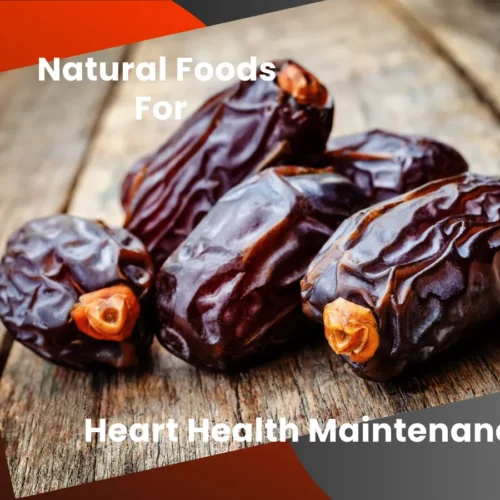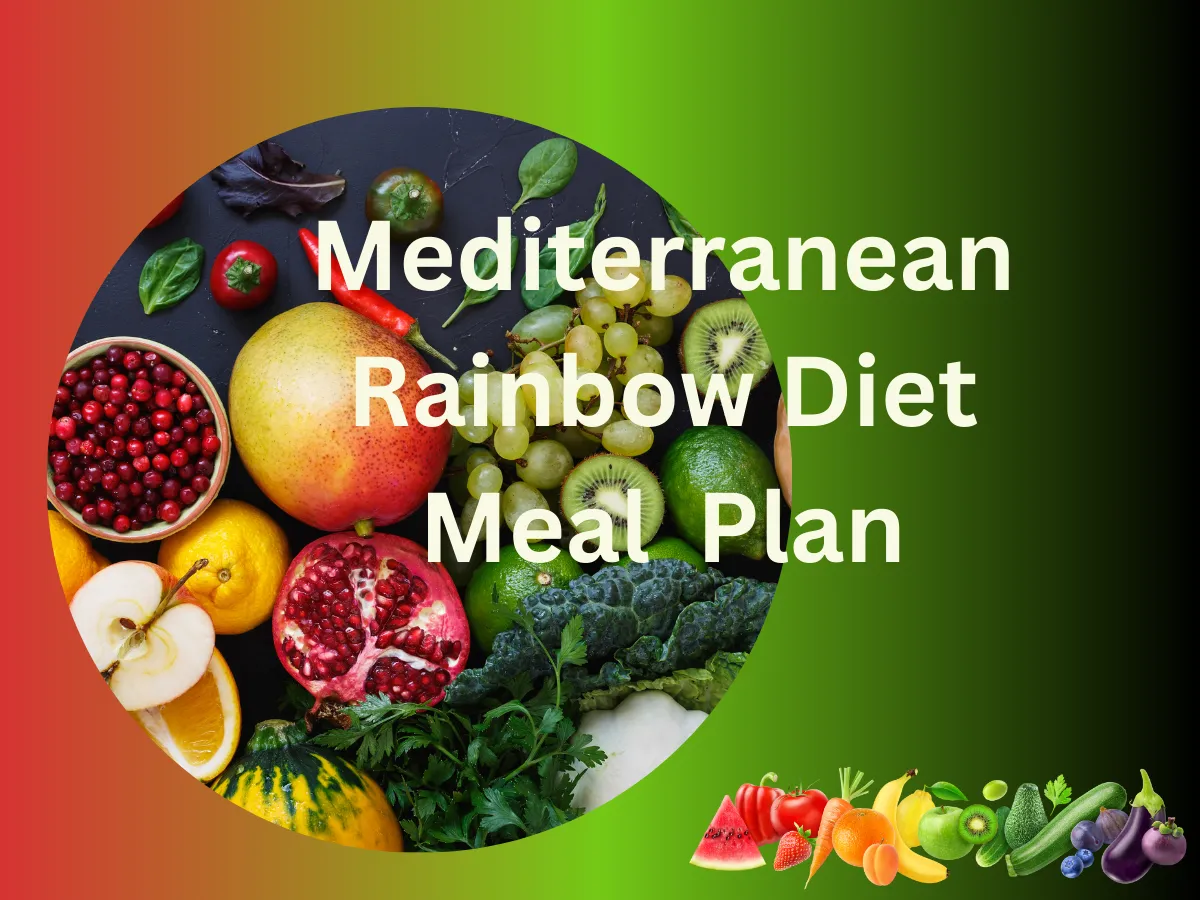Leafy greens are some of the most powerful superfoods you can add to your diet. Packed with essential vitamins, minerals, and fiber, they support digestion, boost metabolism, and promote overall wellness. Whether you’re looking to improve gut health, manage your weight, or simply nourish your body with nutrient-dense foods, the right greens can make all the difference.
From iron-rich spinach to gut-friendly kale and detoxifying dandelion greens, these vegetables help reduce bloating, regulate digestion, and provide lasting satiety. In this guide, we’ll explore the best leafy greens for digestion, weight loss, and overall well-being, along with tips on how to incorporate them into your daily meals. Get ready to fuel your body with nature’s healthiest greens!
Power Greens: Best Leafy Veggies for Health & Weight Loss
| Green Leaf | Nutritional Properties | How to Use | Key Health Benefits |
|---|---|---|---|
| Moringa | Extreme density of Vitamin C, Protein, Iron, and all 9 essential amino acids. | Mix powder into smoothies, brew as tea, or add fresh leaves to stews and dals. |
|
| Parsley | Rich in vitamin K, vitamin C, and antioxidants. | Chop fresh into salads, soups, smoothies, or use as a garnish. |
|
| Dill | Packed with vitamin A, calcium, and digestive-friendly flavonoids. | Perfect in fish dishes, pickles, yogurt dips, and salads. |
|
| Coriander (Cilantro) | Contains vitamin A, calcium, and detoxifying flavonoids. | Use in curries, salsas, chutneys, and guacamole. |
|
| Spinach | High in iron, folate, and vitamin K—great for heart and vision health. | Enjoy raw in salads, sauté with garlic, or blend into smoothies. |
|
| Kale | Loaded with fiber, calcium, and vitamin A. Naturally anti-inflammatory. | Use in salads, smoothies, stir-fries, or bake as chips. |
|
| Arugula (Rocket) | High in nitrates, antioxidants, and folate. | Use fresh in salads, wraps, sandwiches, or on pizza. |
|
| Swiss Chard | Rich in iron, magnesium, and alpha-lipoic acid. | Sauté with olive oil and garlic or add to soups and stews. |
|
| Mustard Greens | High in fiber and glucosinolates, supports detox pathways. | Ideal in soups, stir-fries, and fermented dishes. |
|
| Beet Greens | Loaded with potassium, iron, and beta-carotene. | Use in smoothies, omelets, or lightly sautéed. |
|
| Lettuce | Low in calories and high in water—great for hydration. | Use in fresh salads, sandwiches, or as a wrap base. |
|
Q & A on Leafy Greens and Their Health Benefits
Q1: What are the healthiest green leaves to eat?
A: The healthiest leafy greens are nutrient-dense and rich in vitamins, minerals, and antioxidants. Some of the best options include:
- Spinach – High in iron, folate, and vitamin C.
- Kale – Loaded with vitamin K, calcium, and fiber.
- Swiss Chard – Supports blood sugar control and heart health.
- Arugula – Contains nitrates that boost circulation and heart function.
- Watercress – One of the most nutrient-dense greens with high antioxidants.
- Dandelion Greens – Great for detox and liver health.
Eating a variety of greens ensures a broad range of nutrients that benefit your health.
Q2: How do you use leafy greens in cooking?
A: Leafy greens are incredibly versatile and can be used in various ways:
- Salads: Mix raw spinach, kale, or arugula with other vegetables.
- Smoothies: Blend spinach or Swiss chard with fruits for a nutritious drink.
- Soups & Stews: Add chopped kale, mustard, or collard greens.
- Stir-Fries: Quickly sauté bok choy or chard with garlic and olive oil.
- Wraps & Sandwiches: Use large greens, such as collard leaves, instead of tortillas.
- Pesto & Sauces: Blend basil, parsley, or cilantro into sauces.
- Juices & Teas: Dandelion greens or moringa leaves make great detox drinks.
Cooking greens lightly helps retain their nutrients while enhancing flavor.
Q3: Which leafy greens have the most iron?
A: If you’re looking for iron-rich greens to prevent anemia, consider:
- Spinach (2.7 mg per 100g) contains vitamin C to enhance iron absorption.
- Swiss Chard (3.1 mg per 100 g) – High in non-heme iron.
- Kale (1.5 mg per 100g) – Also rich in calcium and antioxidants.
- Beet Greens (2.7 mg per 100g) – Packed with iron and vitamin K.
- Dandelion Greens (3.1 mg per 100g) – Known for detoxifying and boosting iron levels.
Pair these greens with vitamin C-rich foods (such as citrus or bell peppers) to improve iron absorption.
Q4: What are the best herbs for digestion and gut health?
A: Several green herbs support digestion and relieve bloating:
- Mint – Soothes digestion, relieves bloating, and prevents nausea.
- Ginger Leaves – Aids digestion and reduces inflammation.
- Dill – Helps prevent gas and bloating.
- Cilantro – Supports gut bacteria and digestion.
- Fennel Leaves – Eases stomach discomfort and bloating.
- Basil – Contains natural enzymes that aid digestion.
Adding these herbs to teas, salads, or meals can improve digestive health.
Q5: What are the benefits of parsley and cilantro?
A:
- Parsley:
- High in vitamin K, supporting bone health.
- It acts as a natural diuretic, helping to reduce bloating.
- It contains antioxidants that support detoxification.
- Cilantro:
- It helps detoxify the body of heavy metals.
- Aids digestion and gut health.
- Supports healthy blood sugar levels.
Both herbs can be used in salads, smoothies, soups, and teas.
Q6: Can you eat dandelion leaves raw?
A: Yes, dandelion leaves can be eaten raw and are packed with nutrients!
- They are high in vitamins A, C, and K.
- Have natural detox properties that support liver health.
- It contains prebiotic fiber that helps gut bacteria.
- It has a slightly bitter taste, which can be balanced with sweet salad dressings.
If the taste is too strong, try steaming or sautéing them to reduce bitterness.
Q7: Which leafy greens help with weight loss?
A: Low-calorie, fiber-rich leafy greens help control hunger and boost metabolism. Some of the best for weight loss include:
- Spinach – Low-calorie but high in fiber to keep you full.
- Kale – Nutrient-dense and great for detox.
- Lettuce (Romaine, Butterhead, Iceberg) – Hydrating and light on calories.
- Arugula – Slightly spicy, great for digestion.
- Collard Greens – High fiber content supports weight loss.
- Cabbage – Helps in detox and digestion.
Q8: What are turnip greens, and how do they differ from turnips?
A: Turnip greens are the leafy tops of the turnip plant, a root vegetable. While turnips are the bulbous root, the greens are the leafy portion. Both are edible, but they have different textures and flavors. Turnip greens have a slightly bitter, peppery taste, similar to that of mustard greens, while turnips are sweeter and more akin to a potato or a carrot.
Q9: What are the nutritional benefits of eating turnip greens?
A: Turnip greens are incredibly nutritious. They are rich in vitamins A, C, and K, folate, calcium, and fiber. They’re also a good source of antioxidants, which can help protect against cell damage. These nutrients improve eye health, immune function, bone health, and digestive health.
Q10: Are there any potential health concerns or considerations when eating turnip greens?
A: Like other cruciferous vegetables, turnip greens contain compounds that can interfere with thyroid function if consumed in substantial quantities, especially by individuals with existing thyroid issues. However, for most people, moderate consumption is perfectly safe and beneficial. Additionally, because they are high in vitamin K, individuals taking blood-thinning medications should consult their doctor before significantly increasing their intake.
Q11: Moringa: The Green Secret to Limitless Energy.
Unlock the incredible healing power of moringa to transform your daily wellness routine. Rich in antioxidants and essential minerals, moringa provides a natural energy boost without the caffeine jitters. Adding a teaspoon of moringa to your morning smoothie can help fight inflammation and support your immune system. Experience the “Miracle Tree” today and feel the difference that raw, plant-based nutrition can make!
Incorporating these (leafy greens) into daily meals can help with appetite control and weight management.







January 18, 2025 at 4:19 pm[…] Moringa is a nutrient-dense plant that has gained popularity recently for its potential health benefits. It is a rich source of vitamins, minerals, and antioxidants. Moringa is also known for its anti-inflammatory properties and ability to improve digestion and boost the immune system. […]
May 4, 2025 at 6:09 am[…] steak with asparagus and roasted Brussels sprouts is hearty and […]
August 28, 2025 at 3:45 am[…] Broccoli contains sulforaphane and other anticancer compounds that selectively target and kill cancer cells. Other cruciferous vegetables include cauliflower, cabbage, Brussels sprouts, and […]